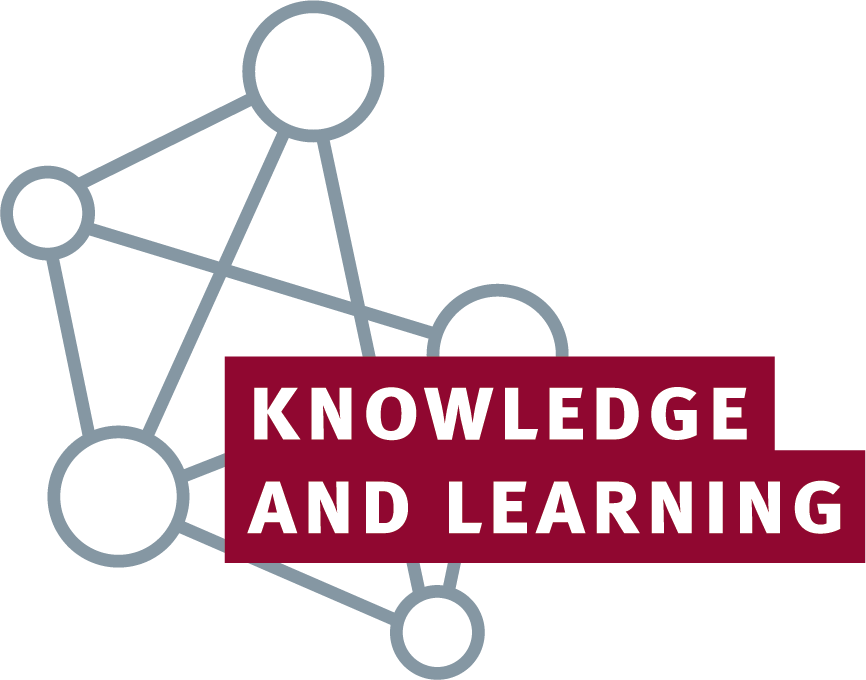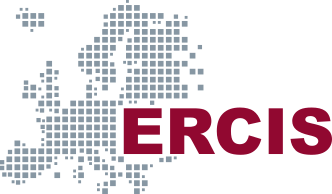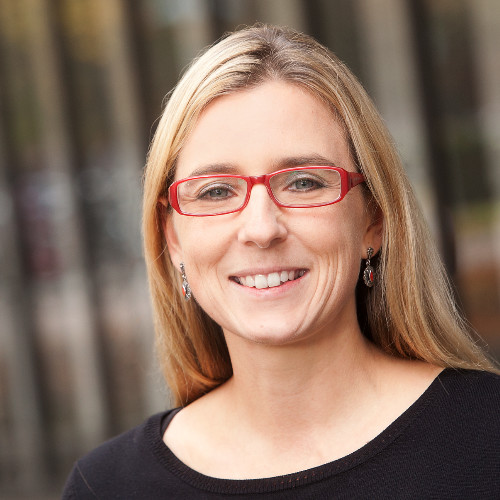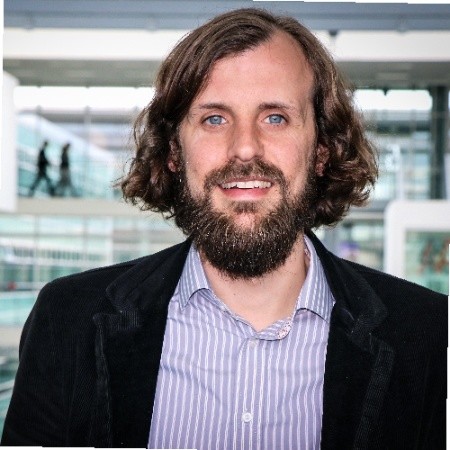Research Cluster
ERCIS provides umbrella groups for its members to join forces, called Research Cluster. They span from method-orientation to domain-orientation, providing homes to the members’ various research interests. They serve as incubators for project proposals, joint research and teaching activities, and joint policy-making in the respective areas.
New Research Clusters can emerge at any time in response to hot and upcoming topics. Whenever researchers within the network share an interest in a specific theme and wish to collaborate more closely, they are encouraged to form a new Research Cluster to drive joint exploration and innovation in that area.
Enganging and becoming part of Research Clusters is low key for our members!
Data Science and Artificial Intelligence
In our networked world, data is collected in ways never seen before. Extracting knowledge from this data and leveraging it to build intelligent systems will transform the way business, government, and science are carried out. Many people believe that data science and AI will bring forth changes that will be much more profound than any other technological revolution in human history.
Digital services can adapt to individual humans and situations due to the abundance of data and the improved capabilities to learn from this data. Big steps are made in many scientific areas these times, notably in natural language processing, image recognition, and in finding complex synthesis ways, e.g. for novel drugs and materials.
However, there are also risks associated with algorithmic decision making and autonomous AI systems. They may be used for steering very complex hacking activities, or autonomous weapon systems, or simply decide wrongly according to unknown biases in the data.
The mission of the ERCIS “Data Science & AI” cluster is to advance research, education, and practice on human-centered data science and AI in order to augment human capabilities and improve societal well-being. We explicitly take a socio-technical perspective on data science & AI, focusing at the intersection of technologies, humans, and tasks.
Cluster leads
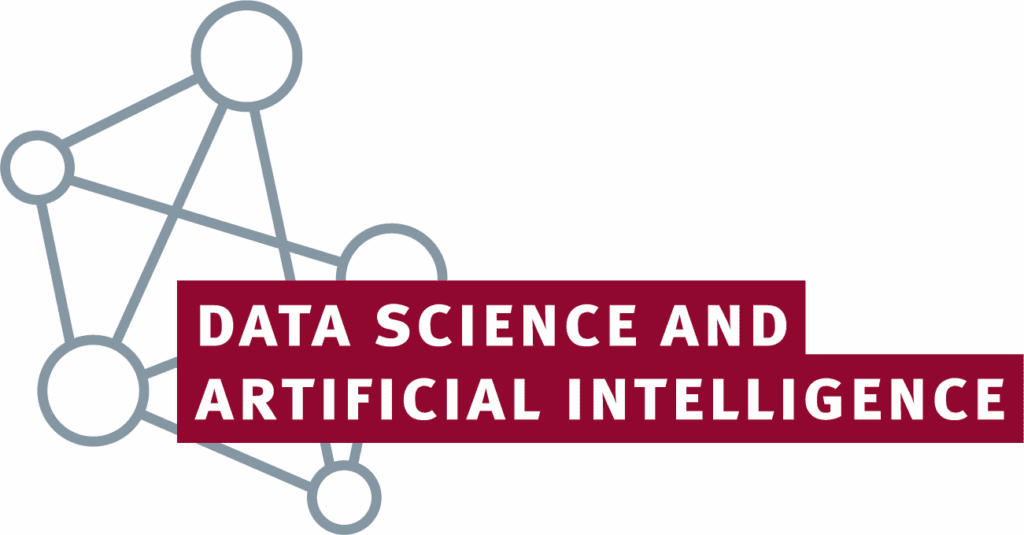
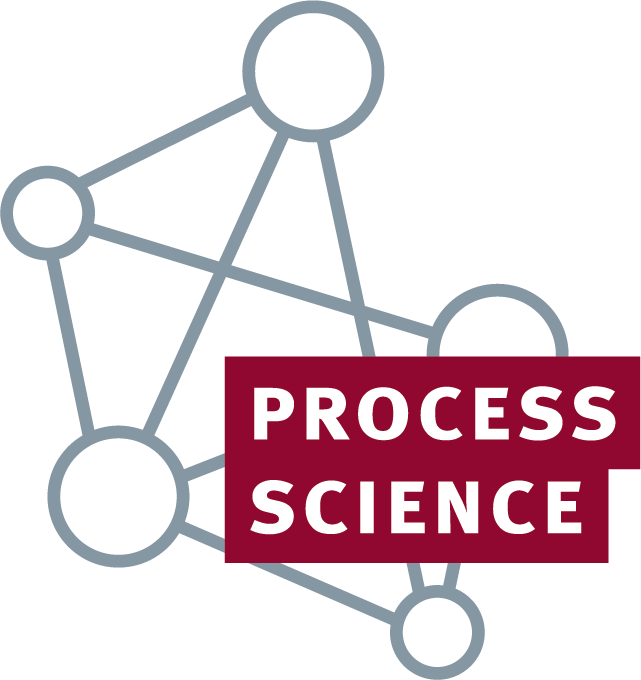
Process Science
Process science is an innovative field of science that intends to pull together contributions from various disciplines, such as computer science, management science and information systems, to better understand and develop processes. To be inclusive, process science follows a broad understanding of processes that is agnostic to single extant disciplines. We define processes as a coherent series of changes which evolves over time, occurs at various levels and constitutes a phenomenon of interest.
Three reasons lead to the establishment of Process Science. First, processes are increasingly growing out of existing containers, and processes constitute a phenomenon of interest of themselves, specifically going beyond established units of analysis, such as application systems or organizations. Secondly, the world is increasingly changing and the study of processes helps to understand change, to deal with change and also to actively shape change. Third, the ubiquitous availability of data, combined with advanced data analytics capabilities, offers new opportunities to study processes using multiple data sources, such as digital trace data, social media data, body data together other quantitative and qualitative data.
Please check Process Science: The Interdisciplinary Study of Continuous Change for the Process Science Idea, a paper authored by ten significant researchers on the topic!
Cluster Leads
Knowledge and Learning
The ERCIS Cluster in Knowledge and Learning (K&L) encompasses a broad range of academic interests. It has been presented as comprising “everything related to Knowledge Management, Teaching, Learning, Education, and the likes”. For this reason, when clusters were initially presented, the K&L cluster was “put in between the other four clusters”. For similar reasons, when ERCIS “members” were asked to assign their research interests to clusters, every single member included the K&L cluster.
The K&L cluster is, therefore, a special case among ERCIS clusters. It can be a challenge to find a way for the K&L cluster to create value to the ERCIS community.
Considering that the role of clusters is open to definition, to differentiation and to evolution, it makes sense to start with caution. This means avoiding defining a vision for the cluster that is too strict or that is biased towards particular perspectives of what knowledge and learning means to the ERCIS community.
So, the initial vision for the K&L cluster is to serve as a “rose of the winds” for those that navigate in the knowledge and learning ocean. With knowledge and learning in its centre, the “rose of the winds” will indicate the different directions where the academic exploration of those topics can lead to.
Furthermore, the vision of this cluster is to become a knowledge-sharing space where participants come together to learn from one another face-to-face and/or virtually. We see the clusters as a promoter of informal undertakings that demand some coordination, facilitation, cultivation, and nurturing. Members in the cluster will decide on specific topics that are timely to address and which will relate to the research interests of the members.
Cluster Leads
